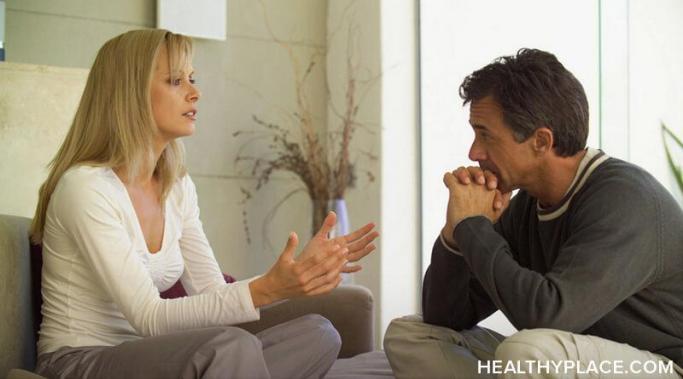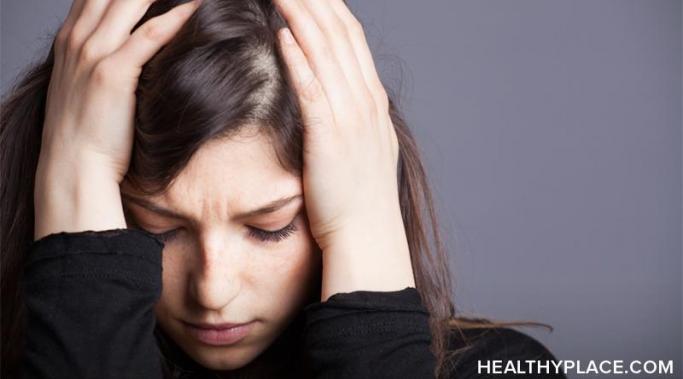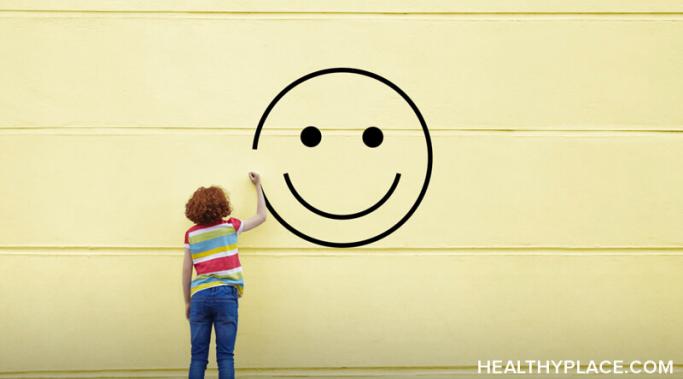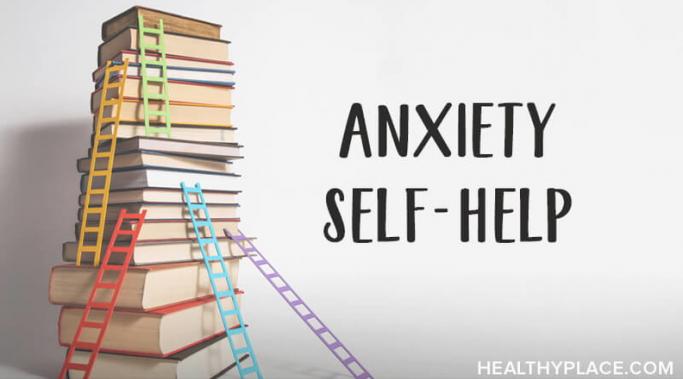Blogs
What are the signs of self-esteem? What does it feel like to have healthy self-esteem? Is it unconditional adoration of yourself? Is it the confidence you can do anything? Is it the belief that you're beautiful, both inside and out? In an ideal world, we would feel all of these things. But realistically, our relationship with ourselves is complicated–we all have things we like and things we wish weren't a part of us. A completely positive self-view is overly idealistic and, frankly, inauthentic. So, if self-esteem isn't all sunshine and daisies, what is it? And how do we know if we have it--what are the signs of self-esteem?
It can be hard to tell when you're in a relationship: Is it verbal abuse or something else? Over time, every relationship develops a unique dialogue that you share with your partner--a communication style you both understand. But what happens when verbal abuse gets mixed into that dialogue? Is it a unique love language or is it verbal abuse? This was a struggle I faced in many forms over the course of one of my longest relationships.
Sometimes, it seems as though feeling anxiety is the only thing I can feel. Everything seems to provoke my anxiety—even seemingly simple tasks such as bathing and washing my hair. I am constantly worrying, even when I’m supposed to be having a good time.
Constant anxious thoughts can induce great misery and suffering. Automatic negative thoughts, or ANTs, are patterns of thinking that cause anxiety and keep anxiety strong and powerful. Words like "should," "shouldn't," "always," "never," and a host of negative labels we place on ourselves are part of those automatic negative thoughts that can keep us trapped in our private world of thoughts, worries, and fears. Because understanding the nature of constant anxious thoughts can help you choose what to do about them, here are a few facts about anxiety and thoughts.
Let's face it -- getting through the day with a mental illness can sometimes feel like an uphill battle, so having good mental health habits is priority one. My biggest challenge is avoiding stress-induced mental illness symptoms. It helps to go day-by-day, step-by-step, and to remember my priorities. Here are a few everyday habits I have developed to keep my recovery on track.
I have taken numerous stabs at eating disorder recovery in the past decade, and until just a couple years ago, these attempts were unsuccessful. Why did I continue to revert back to an illness that sabotaged all the dreams and plans I envisioned for my young life? The answer is simple, but it eluded me for years, and perhaps it has eluded you too. So here is the truth I have since come to learn—you have to want eating disorder recovery for yourself. This must be the purpose that fuels your desire, resolve, and persistence to heal. Otherwise, the motivation you feel at the start of this journey will be unsustainable and short-lived once the obstacles emerge. Once I made that connection, it transformed my whole mindset around healing, so this is why I cannot stress enough, you have to want eating disorder recovery for yourself—and no one else.
If living with dissociative identity disorder (DID) is not challenging enough, it can be even more difficult and imposing when learning your system might include opposite-gender alters.
The Internet defines a depression nap as the act of a depressed person sleeping far more than what is necessary in order to avoid dealing with their depression. Naturally, that is unhealthy, not to mention impossible to do at work. For me though, a depression nap is a positive coping mechanism for depression if, and only if, the duration of the nap is limited to 20 minutes at a stretch. When a depression nap is timed and targeted in this manner, how can it be anything but healthy?
Posttraumatic stress disorder's panic attacks are scary--literally. Characterized by feelings of extreme fear and anxiety, many people with posttraumatic stress disorder (PTSD) experience the sweaty palms, racing heartbeat, and rapid breathing that comes with panic attacks.
My bipolar brain works best at a certain time of day. This is actually common for people with bipolar disorder. People with bipolar commonly find their mood and ability to think waxes and wanes at the same times throughout the day. Your average person may experience this as well, but for a person with bipolar, of course, everything is amplified. So here's when my bipolar brain works best for different purposes.









